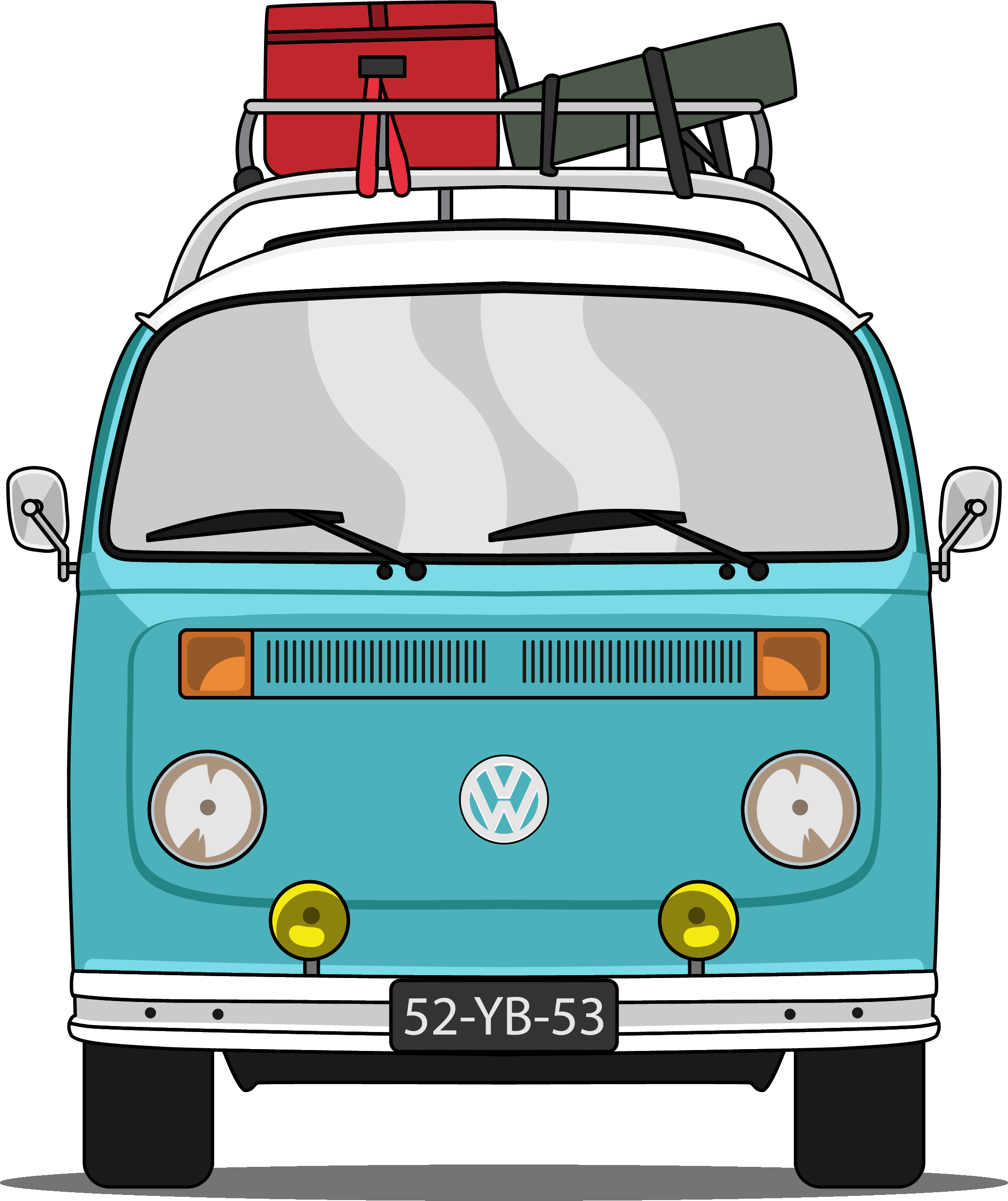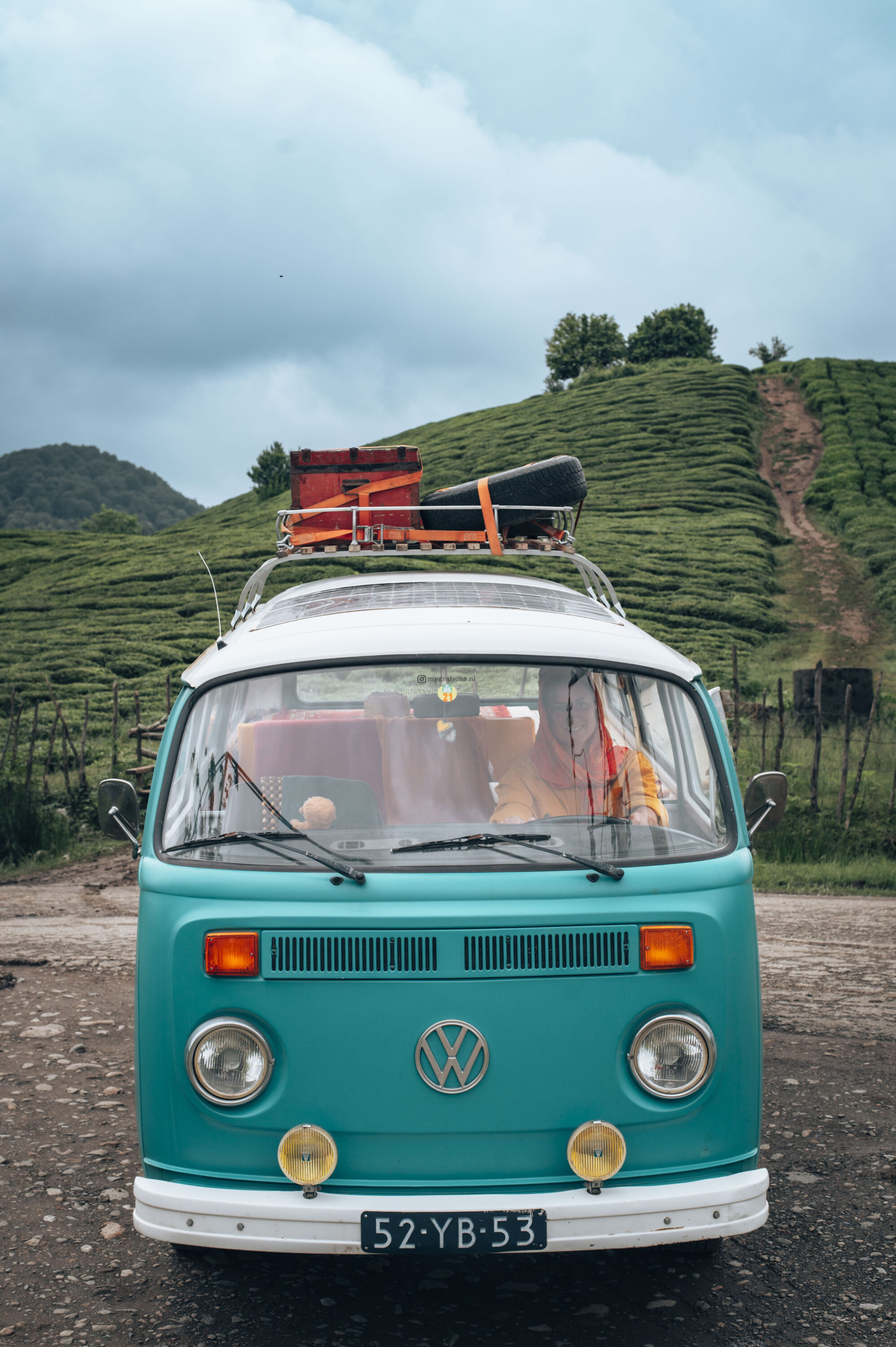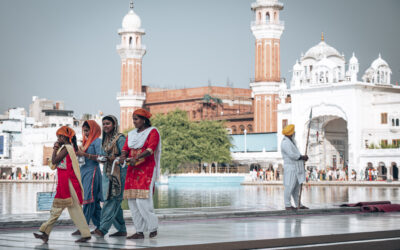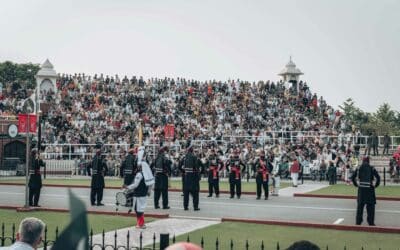Rain, rice and misery
From the dry rainbow mountains we drive into the green but also rainy landscape. And that’s not exactly going as we planned. We drive on a busy mountain road to our next destination when suddenly a blanket of fog covers us and below us the smooth asphalt road turns into a muddy gravel path with potholes so deep that small ponds form. And even though we do our best, it is difficult to avoid the potholes. Alexine does her best but unfortunately she gives up halfway through.
Misery in the mountains
The fog leaves us guessing how beautiful the view from here could be, but that’s not what we’re concerned with.
Our roof rack has fallen through Alexine’s edge, causing damage to her beautiful paint. Luckily through the raindrops of the misty clouds you can’t see my tears. After a minuscule moment of panic we roll up our sleeves and empty the roof rack. All our belongings in the van, tighten the roof rack and hope for the best. Carefully we drive down, over the slippery and wet road, while the fog completely obscures the view. We can’t see further than 10 meters and we honestly don’t care. No view can lighten up our mood. We want to get down there as quickly as possible and without any more damage.
And so we arrive in the village of Masuleh, battered and in a bad mood. The cloud clears a little but leaves many raindrops in the process. Not making the village less beautiful, but less attractive to walk through for a long time. And so we sit down on some rickety benches while we are served a local dish and some tea. The village itself doesn’t seem to be the biggest attraction here, but we do. We are being photographed secretly and less secretly from all sides. Selfies are made with and without our cooperation. It is busy with tourists from Iran itself and neighboring Turkey. The colorful shops with mainly the same souvenirs cheer up the village while the thunder can be heard in the distance.
After filling our stomachs we stroll through the streets that merge with the roofs of houses before we get back to the van and drive down even more. While driving we pass restaurants that look more like a fairground attraction than a place where you can eat some delicious food. On the side of the road, people with illegible signs are peddling passers-by. Once in a while it works, but mostly we feel sorry for them. The rain continues uninterrupted and judging by the green surroundings, this is no exception. We still dodge every hole and the sweat of fear breaks out with every bump we hit. Alexine holds herself up, but it doesn’t feel right.
Tea in Iran
Tea is so widely consumed in Iran that it is often the first thing offered to us. It is served for breakfast, lunch and dinner and throughout the day you can find tea anywhere.
In the 18th century tea found it’s way to Iran from India and became the national drink soon after. From India seeds were planted and cultivated in Northern Iran and nowadays millions of people work in the tea industry. Historically you’ll find a Chaikhaneh (tea house) in every street! You still find them squattered around towns nowadays.
A Persian oasis in the North
After two hours we arrive at an ecolodge that we found via Google. We are welcomed with the tastiest cakes ever (koloocheh) and our hearts can finally beat quietly again. Reza, the owner, knows someone who can fix Alexine but not until tomorrow. Now first we get a tour, by car, through the village where there are more rice fields than houses and tea plantations adorn the hills. We visit a lake where Iranians drive around in formation, take some selfies and have a picnic. Then we visit the tea plantations and view the rice fields while having conversations in broken English and in even worse Farsi with the most friendly lodge owner we met.
Finally we come back to the lodge where we get a nice local tea and are assigned our room for the evening. Alexine is full of our stuff so sleeping in her is not going to be possible. And after some stress and fatigue, it is also nice to take a shower and dive into a large bed. But that will take a while because we have been invited to eat with Reza’s family and of course we do not refuse such an offer.
Reza’s family lives in Rasht, the culinary capital of Iran and even recognized as such by UNESCO. A large plate with rice and chicken is put in front of us plus some lettuce and a whole heap of sweet treats (including a homemade pie) and delicious fruit. Although the Netherlands may be one of the largest exporters of fruit and vegetables, our fruit and vegetables do not taste nearly as good as anything that grows naturally. In the Netherlands it is mainly about earning money thus everything has to grow as quickly as possible, but just like with children, growing up is a natural process and speeding up is never a good idea.
Back to dinner where we fill our stomachs but also our brains. Reza’s son, Danyel, speaks very good English and tells us about all the ins and outs of Iran. We are talking about wearing a hijab, about studying and not being allowed to listen to metal music. Metal music is forbidden, concerts by rock bands are illegal and you can’t take a driving test with a tattoo. Women are not allowed to show their elbows, hair and knees. Iranian men are not allowed to leave the country until they have completed their two-year military service and most social media except Instagram are blocked in the country. Spotify, YouTube, Paypal cannot be used. It is impossible to pay by European bankcard and by credit card for tourists. But we are also talking about the delicious food, the beautiful Persian poetry and the many different languages in Iran. We are talking about the beautiful traditional music, the school system and the architecture. About respecting each other and living together, about the past and the future, about dreams and making them come true. It is a very nice evening and again we squeeze our hands that we can experience all this.
At half past one we drive back to the village where we fall down in our bed and very quickly end up in dreamland.
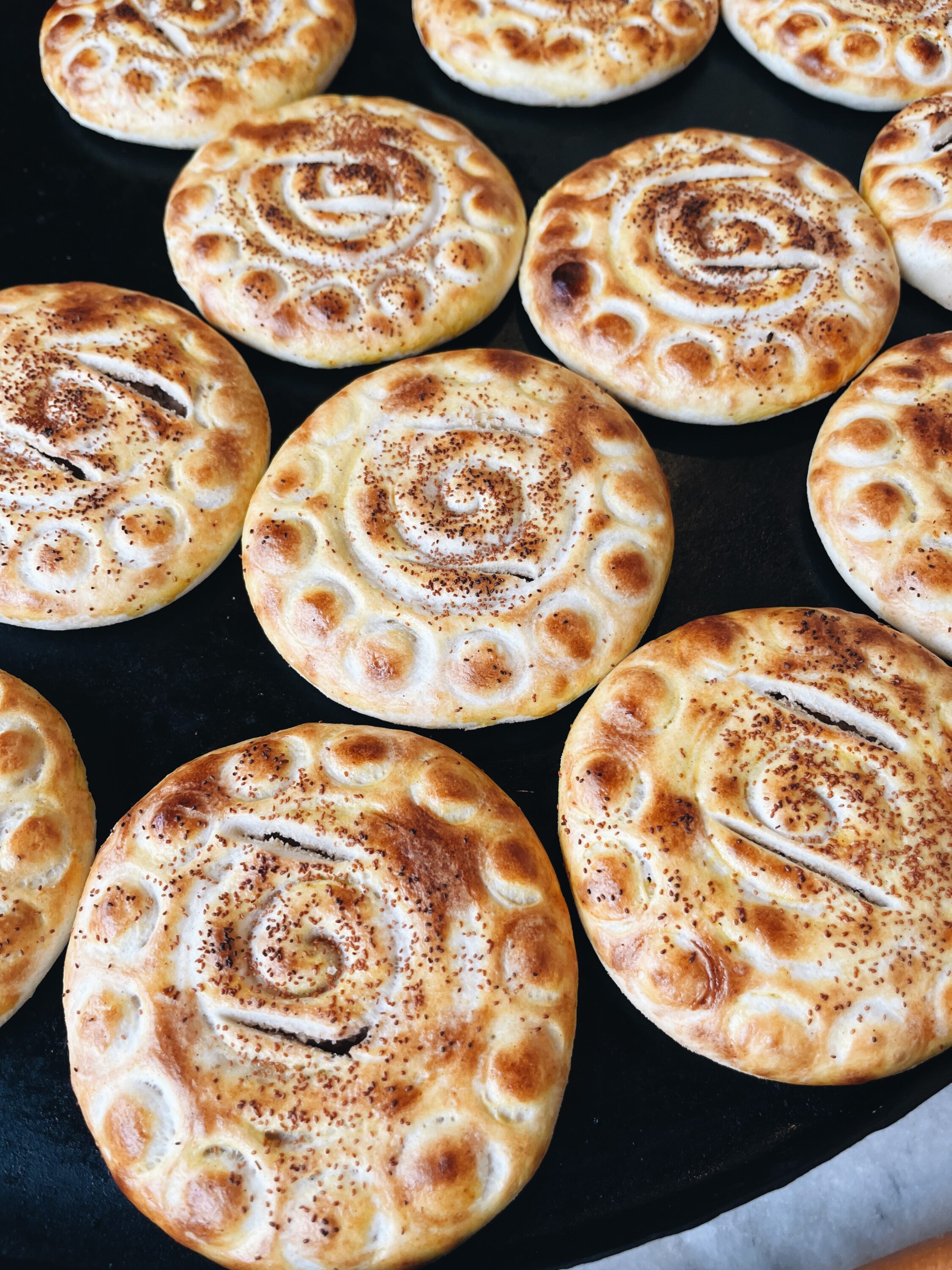
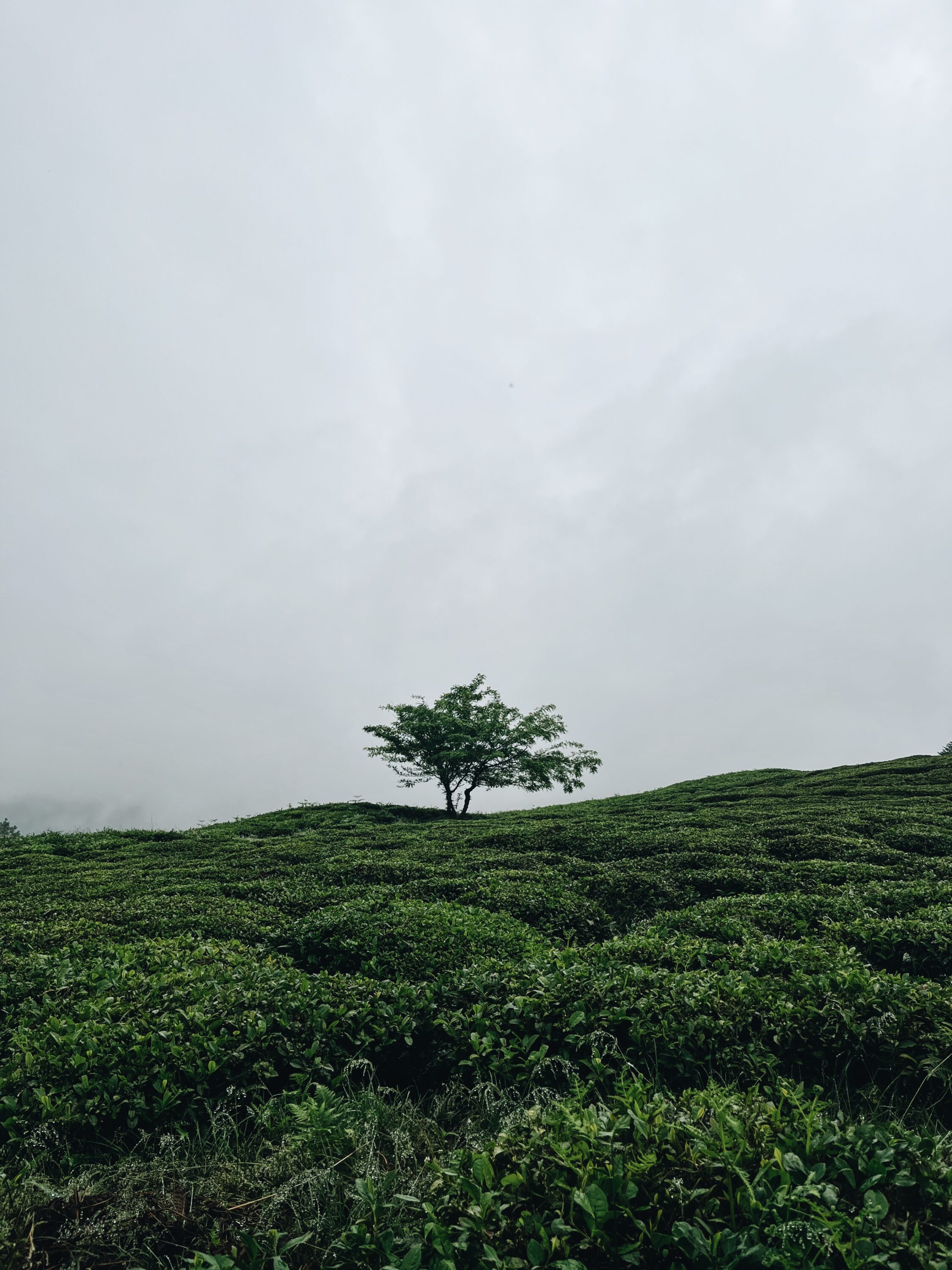
Wabi Sabi
The rain continues incessantly and so we decide to rest for a day. No discoveries, 10,000 steps and meeting new people, just relaxing. Read a book, write blogs and yes also fix Alexine. Unfortunately, fixing her doesn’t go quite the way we want and Alexine seems almost even more damaged than she was before fixing her. My heart breaks to see her scars, but each scar is a story, a memory. And although the sight of the damage hurts me, like a dagger through my heart, it is not insurmountable. The Japanese follow a philosophy called wabi-sabi.
You could describe the core of wabi-sabi as: nothing is eternal, nothing is finished, nothing is perfect. Wabi-sabi is the beauty of imperfection.
A weathered door with peeling paint showing the colors of the layers of paint underneath. A serpentine branch, picked up from the beach, polished by the sea. An old shirt that has become almost transparent after wearing it for years. A teddybear with one ear.
Wabi sabi is about things that have become more beautiful with wear and tear. A broken jar does not have to be thrown away. The Japanese glue the pot, and instead of making the cracks invisible, they accentuate it. Jars with golden score lines. Perfect imperfections.
And that’s how we see Alexine with her scars and fracture lines. So instead of pretending it’s not there, we’re going to accentuate her imperfectons. We don’t know yet whether it will be a golden or ocher rim, perhaps a mosaic drawn by a Persian painter. We don’t know yet, but Alexine doesn’t get any less beautiful. If anything, she’ll get more beautiful. Every scar telling a story.
As time passes and miles go by, Alexine, and so do we, have more stories to tell. It doesn’t matter whether it’s the dents, scars or photos, together they form the book of our journey, and each page is one to remember. No matter how painful some are.
The next day we decided to continue to Tehran with a short stop in Qazvin. But that’s for next time.
Love, Milene & Yuri
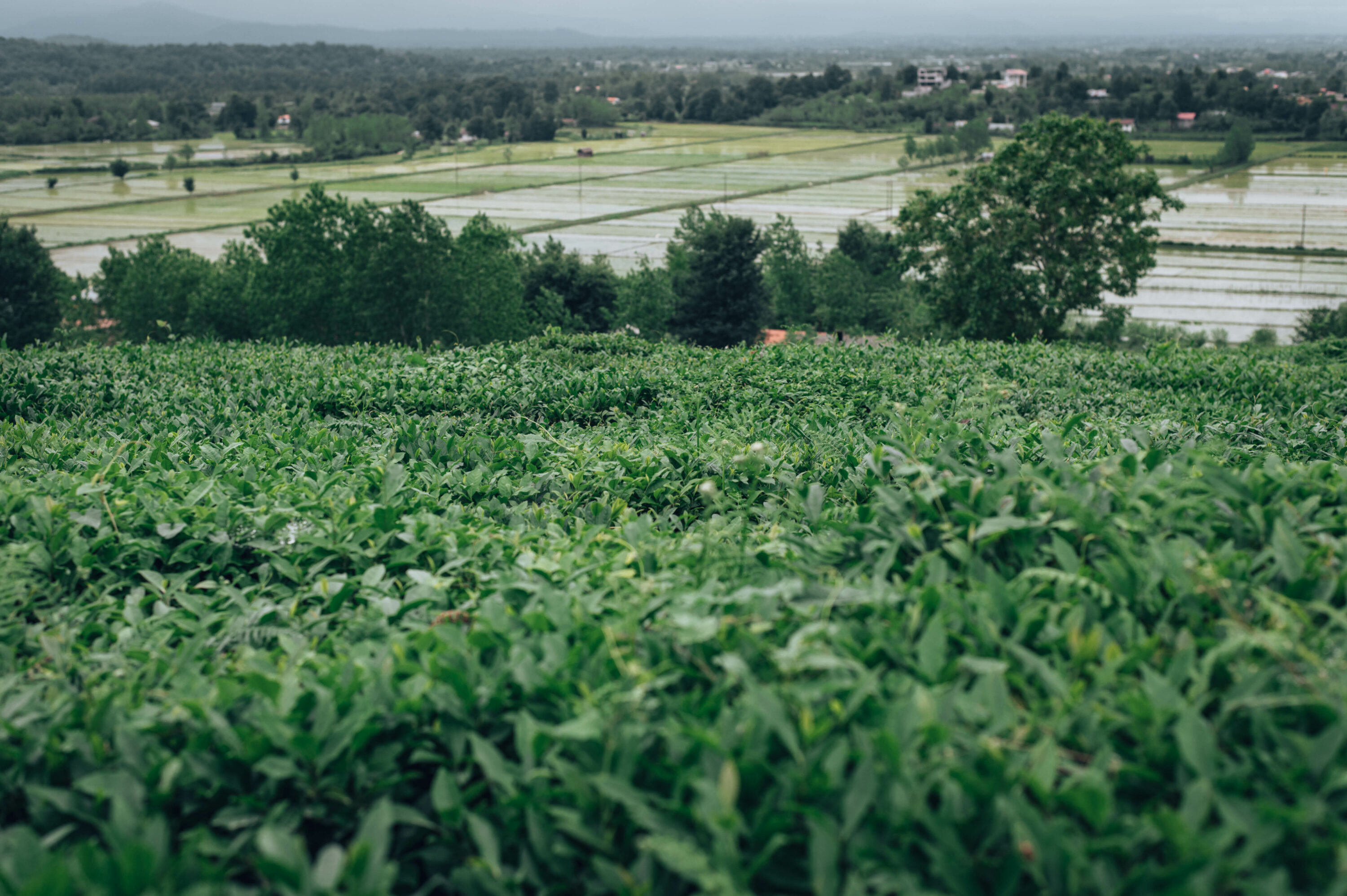
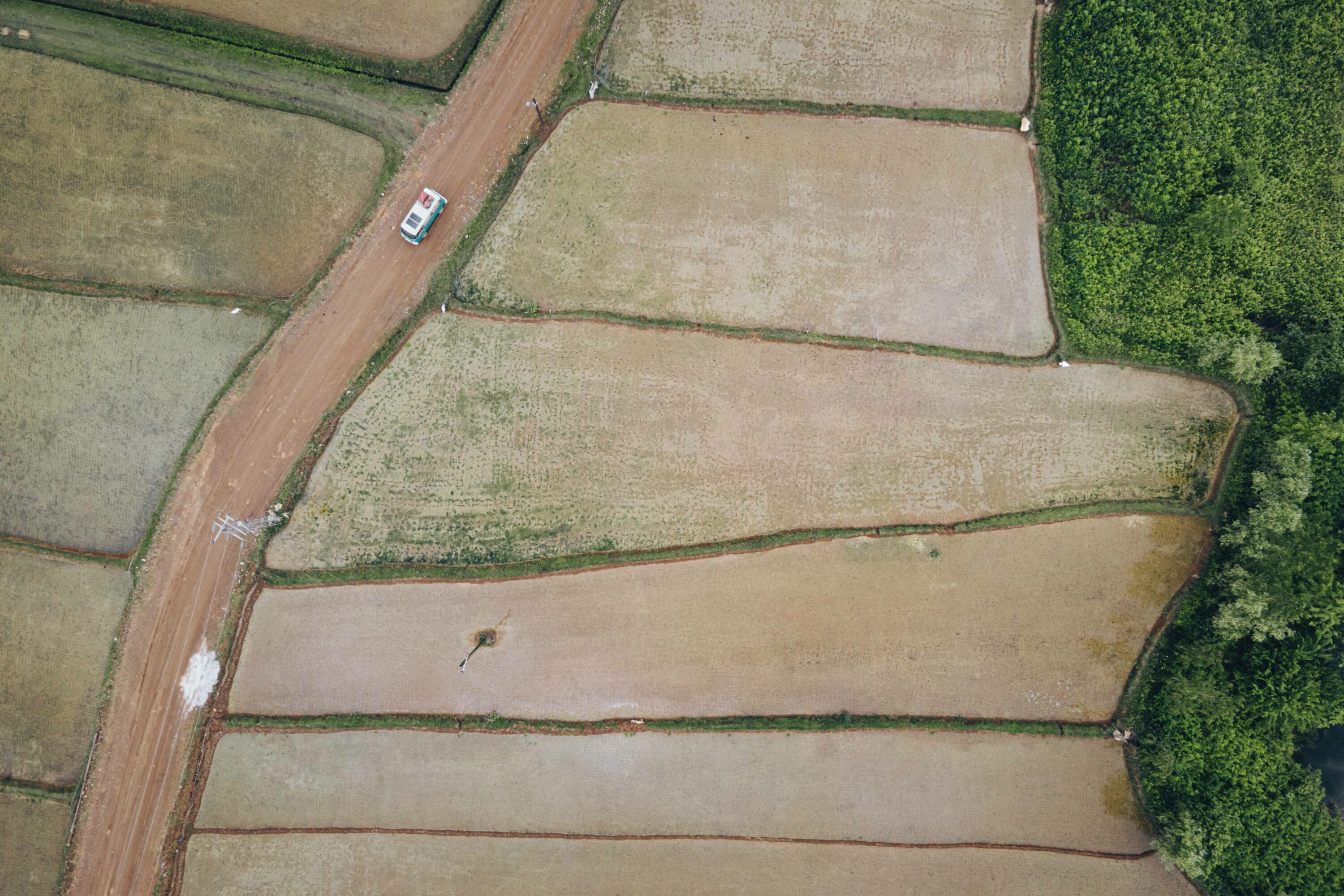
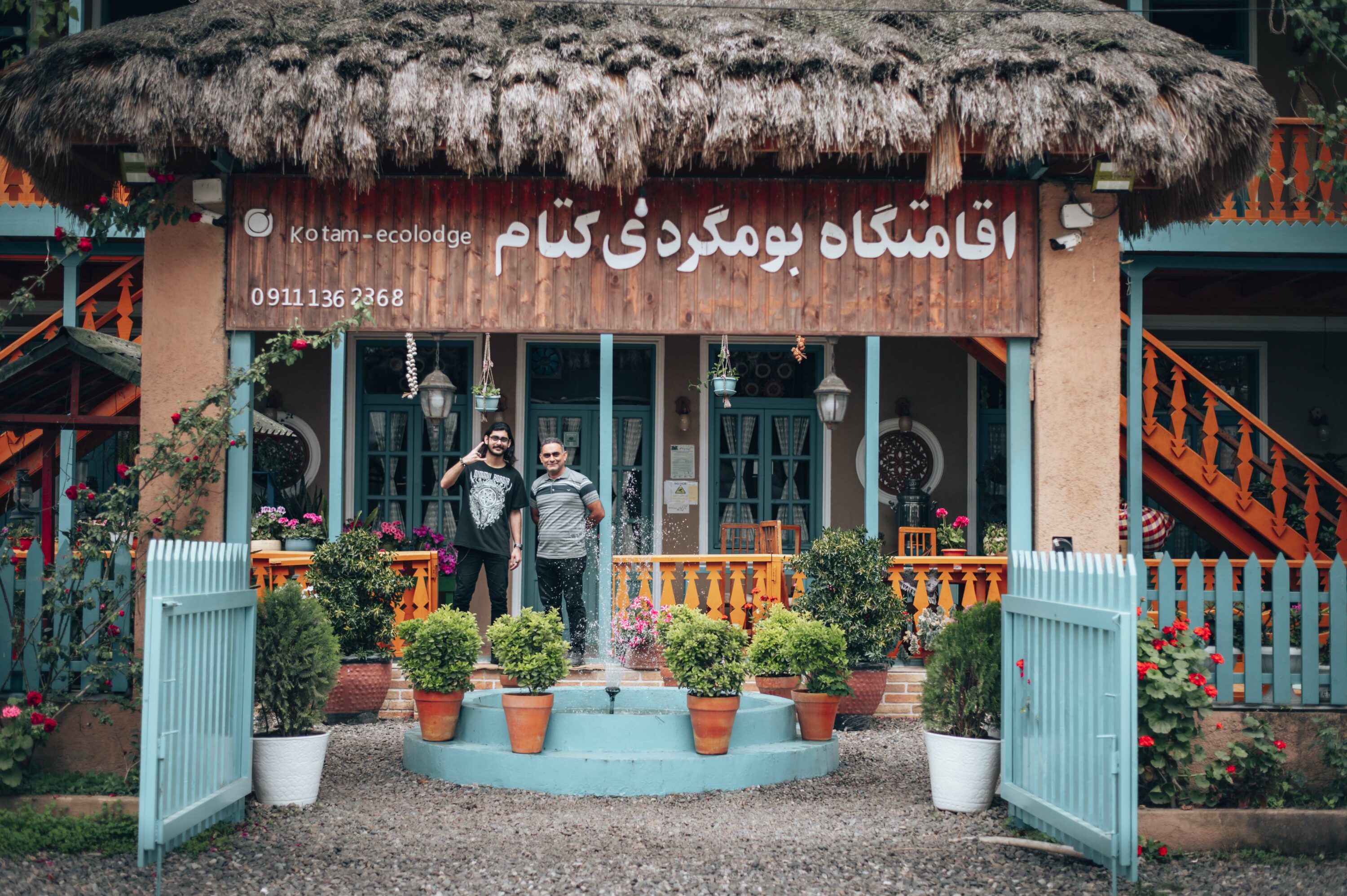
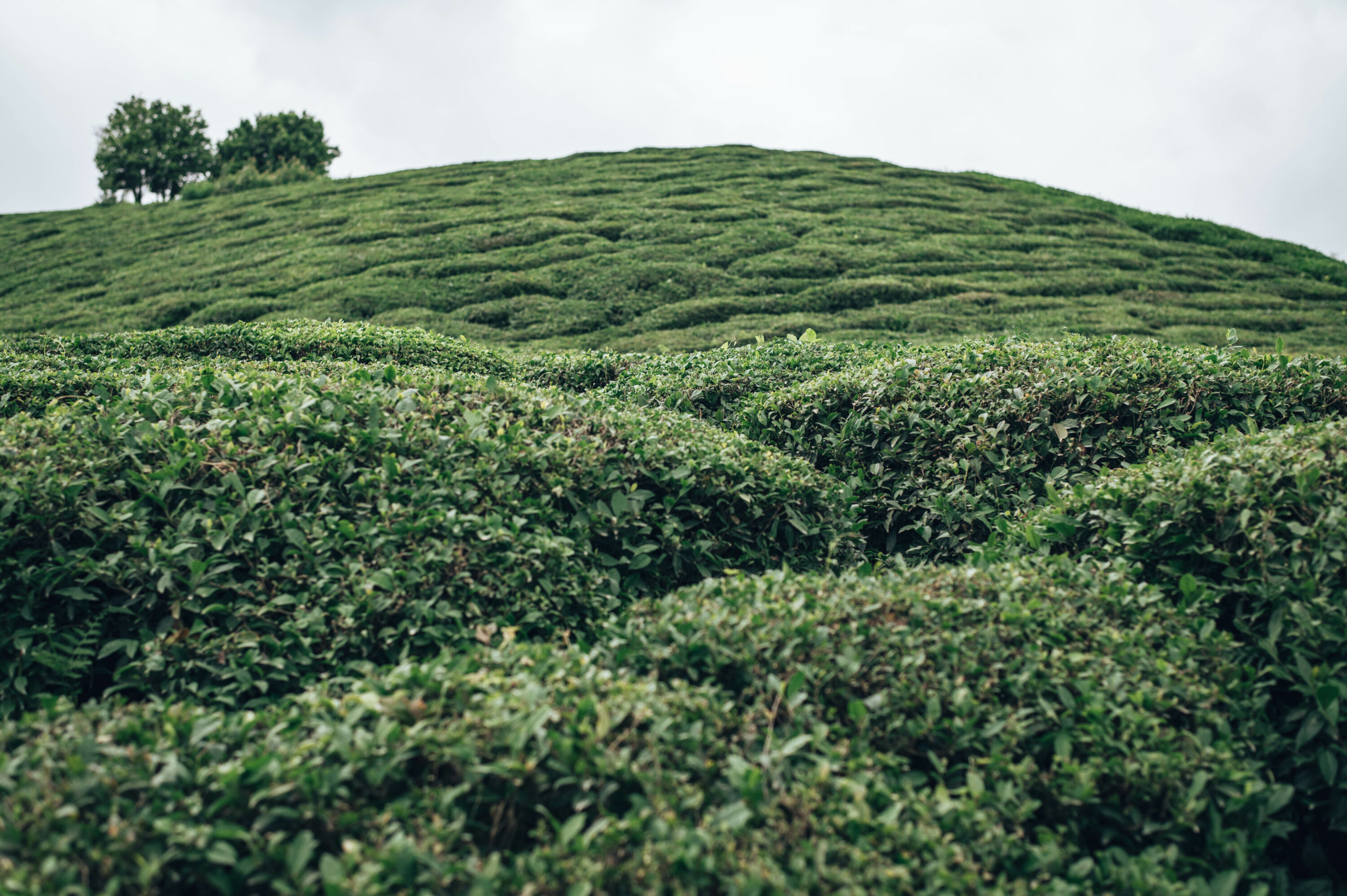
Check our latest blogs
Welcome to chaos
When we thought we left chaos in Amritsar or at the border with Pakistan, nothing was less true. Chaos was either following us, or we following it, all the way to Kashmir.
The most ridiculous border crossing ever
While tensions along the Pakistan – Indian border are still as high as ever, the ceremony taking place at the Wagah border makes it seem like a game.
The heart of Pakistan
We end our beautiful Pakistan trip in the heart of the country. Let’s expLahore the city of culture, spicy food and history.
